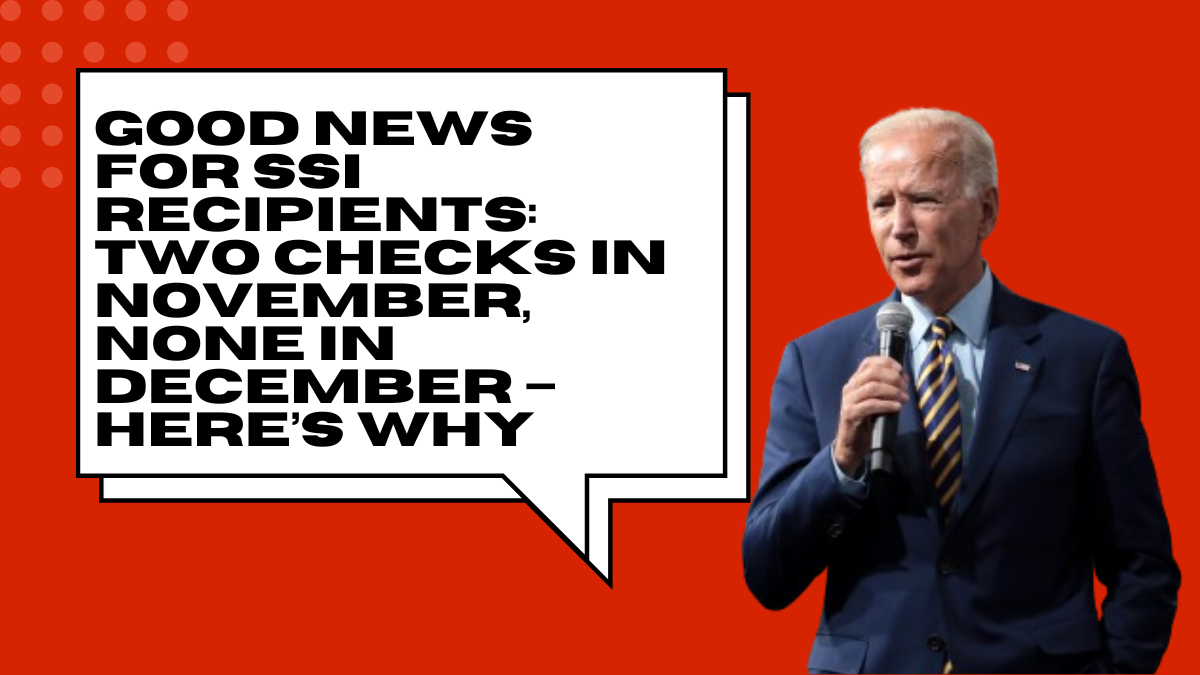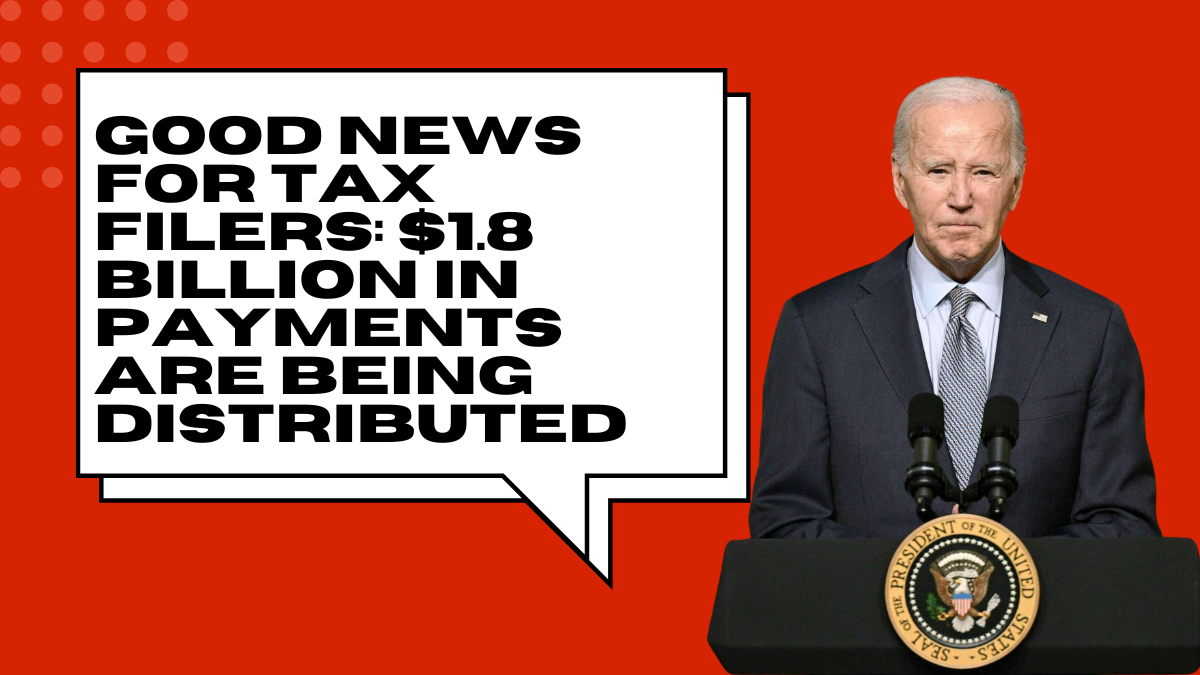By 2025, the IRS wants to update and improve its tax system in a big way. Even though these changes are meant to make things easier and more efficient, many people may have to deal with new problems.
The agency’s plan includes going paperless, improving digital services, and changing how they police the law. However, people may find it harder than expected to keep up with these changes.
Paperless Processing by 2025
By 2025, the IRS wants to be completely paperless. This means that most papers, like tax returns, will be sent electronically. This change should cut down on wait times, speed up refunds, and save the government millions of dollars in storage costs.
But this change could be hard for people who aren’t good with technology or who can’t trust their internet connection. Paper submissions will still be accepted, but the focus on digital handling may make it harder for some people to file.
Enhanced IRS Enforcement
The IRS will pay more attention to people with high incomes and complicated tax returns. The goal of this change in enforcement is to close the tax gap by making sure that wealthy people and big businesses follow tax rules.
This might make things easier for taxpayers with middle-class incomes, but it could mean that people with difficult financial situations will be audited and looked at more closely. People who have more than one source of income or assets in other countries may need to keep better records to avoid problems.
Expanded Digital Services
New digital tools are being introduced to simplify communication with the IRS. Taxpayers will soon have access to secure two-way messaging, digital copies of tax notices, and more payment options.
While these tools are designed to improve convenience, they require digital literacy that may challenge some taxpayers.
Complications for Taxpayers
Though the IRS’s modernization aims to simplify the tax process, some complications may arise:
- Technological Barriers: Not all taxpayers are familiar with digital systems, which could lead to confusion or mistakes.
- Increased Scrutiny: Those with complex tax situations may face more audits, requiring careful record-keeping.
- Transition Challenges: Implementing these changes smoothly is a concern, as technical issues or delays could occur during the transition phase.
Key Changes for Taxpayers
| Change | Impact | Challenges |
|---|---|---|
| Paperless Processing | Faster refunds, reduced delays | Access to technology, digital filing |
| Targeted Enforcement | Focus on high-income earners | Increased audits for complex returns |
| Expanded Digital Tools | Easier communication with IRS | Adapting to new systems |
Conclusion
The IRS overhaul will bring benefits such as quicker processing and better service. However, taxpayers must be prepared for potential hurdles, especially when transitioning to a more digital-focused system.
Understanding these changes will be essential for staying compliant and minimizing issues during tax season.











